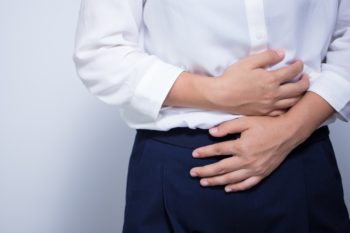Ashley Coleman’s hands shake as she sits down. Her period ended the day before, and she is still feeling the effects. This is the first day she has been up and about since it started.
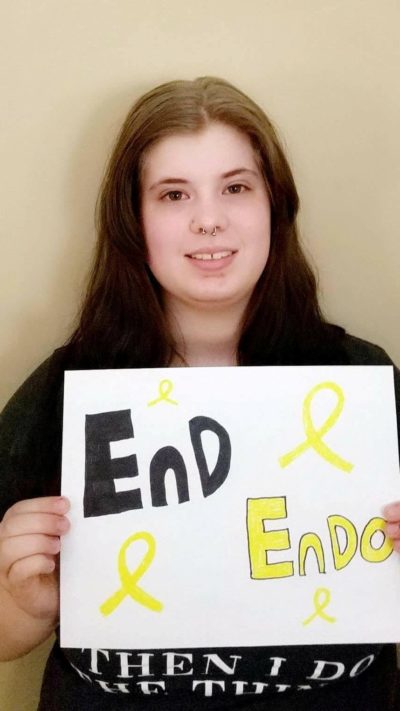
She isn’t “lazy,” she says, but dealing with the situation is not as simple as it is with most women.
She has endometriosis.
Coleman had her first period when she was in fifth grade. It lasted for 30 days. And as she got older, things got worse.
Due to a maternal family medical history, her mother and grandmother took her to the doctor with hopes of getting her tested. Unfortunately, medical professionals thought she was too young to have the disease.
She had to suffer for years before she was finally diagnosed with endometriosis. The diagnosis came after she had surgery. Doctors later described the appearance of her uterus as reminiscent of “tree rings.”
Endometriosis is defined as what happens when the lining of the uterus grows outside of the uterus.
“It’s hard to live,” said Coleman, who is now 21 and living in Athens. “I’m living, but I feel like I’m not living how I’m supposed to live.”
It’s estimated that more than 6 million in the United States suffer from the condition. Although knowledge of the disease is increasing among the public, due to media reports and celebrity awareness, it is still fairly unknown and often misunderstood.
One reason for that is its varying effects.
“We can . . . easily define it as a disease characterized by the presence of endometrial-like tissue found outside in other areas of the body,” said Heather Guidone, the Surgical Program Director at the Center for Endometriosis Care in Atlanta.
“The disease manifests differently in different folks,” said Guidone, “so I may have certain symptoms, like just painful periods, you may have periods that are painful but not debilitating, yet you might have significant bowel symptoms.”
Although there is range of symptoms, Guidone says signs that can help point toward diagnosis include painful intercourse, pelvic pain at any point in the cycle, gastrointestinal pain and bladder dysfunction.
Sadly for many women with the disease, a definitive diagnosis often takes time.
“There’s a lot of multi-faceted aspects to the delayed diagnosis,” said Guidone, “we lack an accurate awareness and early understanding.”
She believes that physicians can all too easily dismiss a lot of the warning signs of endometriosis. Doctors sometimes ignore complaints or regard them as just normal discomforts, creating a huge delay is diagnosis.
“We really need to improve the health literacy, not just for physicians to take the disease seriously, but also for women to feel empowered about their own symptoms,” she said.
Women reaching out
The endometriosis community is trying to work to improve the knowledge and awareness of the disease. Coleman is active and passionate about fundraising and building awareness of the campaign.
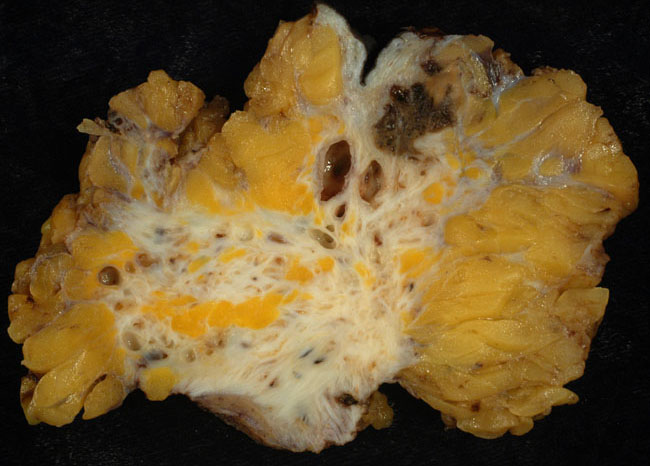
“I want to be the voice for the people, so they know they aren’t alone,” said Coleman.
Unfortunately, there is no cure for endometriosis.
“I tell people it’s like having weeds,” said Coleman, “you can clean it all up, but they come back.”

Still, it is a condition that can be managed. Laparoscopic surgery is required for diagnosis, and there are medical and alternative therapies that some people will try with help from women’s centers or specialized physical therapists.
One of these treatments is pelvic floor therapy. The Center for Endometriosis Care often refers its patients to pelvic floor therapy after surgery as they may have problems with the muscles inside the pelvis. Pelvic health therapists evaluate the issues that are activating and causing pain for endometriosis sufferers and then develop treatment programs to help overcome this.
“The emphasis should always be on the most effective, least amount of surgeries,” said Guidone, “you want someone who is going to go in and diagnose the disease, and also treat it in the same encounter.” This treatment is called a laparoscopic excision, what Guidone calls the gold standard for treatment.
Along with the pain that women go through with endometriosis, there’s often a feeling of isolation. Those with the disease can feel cut off from relatives and friends, who sometimes don’t understand the seriousness of what is going on.
“If you tell someone enough times the pain is in their head, then they start to believe it and they may self-isolate,” said Guidone
“I’ve lost friends because of it,” said Coleman. “They got tired of me not being able to go and hang out with them.”
Christine Ward of Savannah was diagnosed with endometriosis in 2009. She doesn’t enjoy life as she once did, and she can relate to others’ complaints about a feeling of isolation.
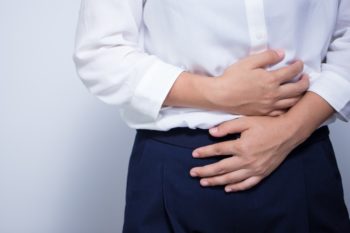
“I used to love going to the park with my son, or going to do stuff, and we rarely do that now,” she said, “and it’s a terrible thing.”
Because of the isolation and depression felt by some endometriosis sufferers, Ward made the decision to start Ask Endo Girl, a Facebook page that could act as a community and support group for, what she calls, “endo sisters.”
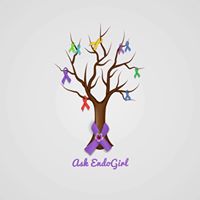
“I wanted to just create an outlet where we could just be ourselves and endo girls can just speak freely,” she said, “and just be a community, because we don’t really have that.”
Like Coleman and Guidone, Ward stresses the importance of support for women living with endometriosis. Her online group and others like it are places where these women can get that.
“It’s just important to know that you’re not alone, and I just wanted to create that environment,” said Ward.
Living with endometriosis is a constant struggle. It’s not something that women with normal menstrual cycles can easily identify with.
Coleman recalls what she heard in school health classes about the effects of puberty: “It’s going to be great, you’re going to have a period and you’re going to be a woman finally.”
Unfortunately, her own experience has proved much less positive. “It’s like ‘Mom, this isn’t great at all, this isn’t fun.’ ”
Naomi Thomas is a graduate student at UGA pursuing a master’s degree and career in Journalism. She received her undergraduate degree in Media, Communication and Cultures from Leeds Metropolitan University and has an interest in health workforce stories. Her twitter handle is @nrthomas123.

